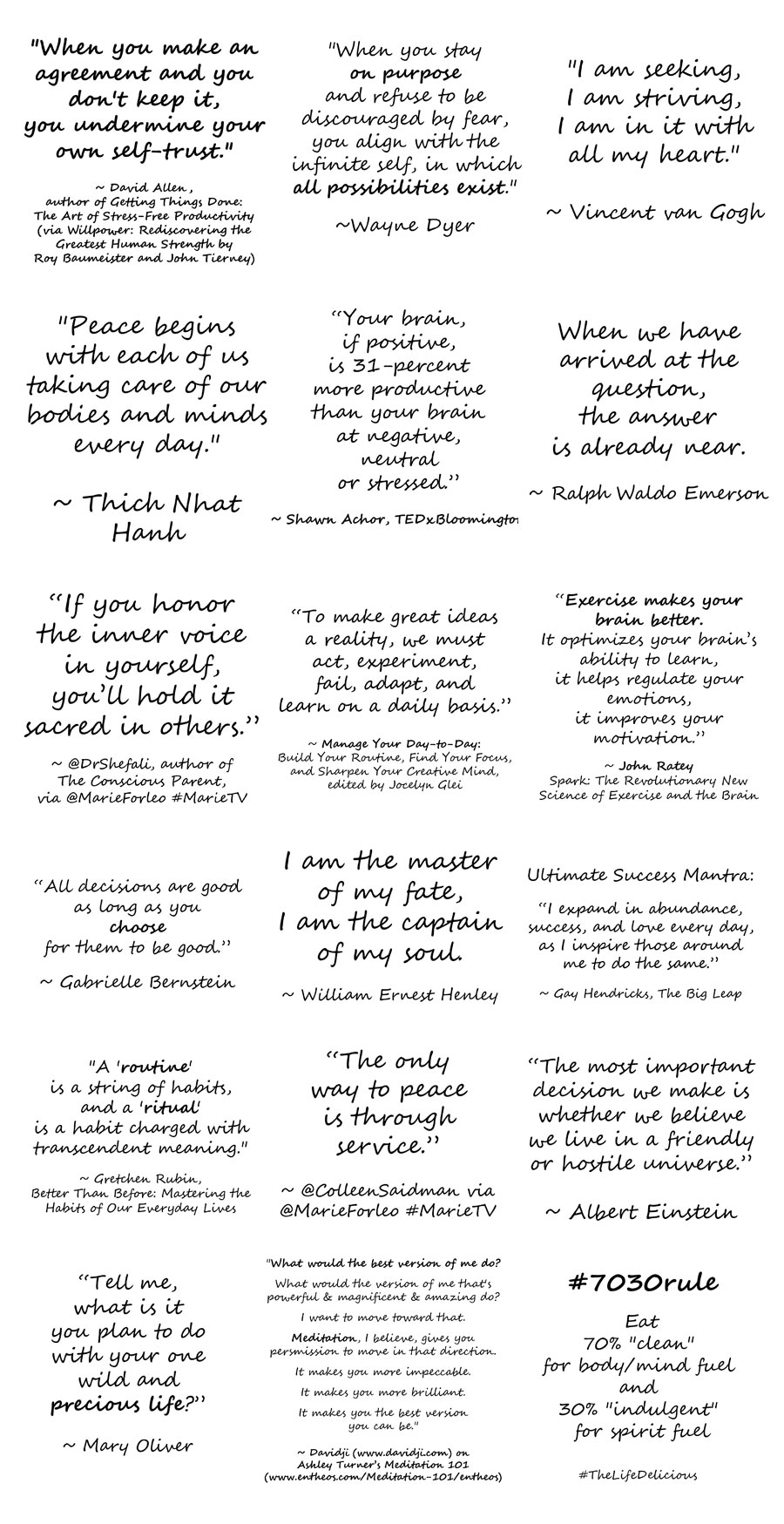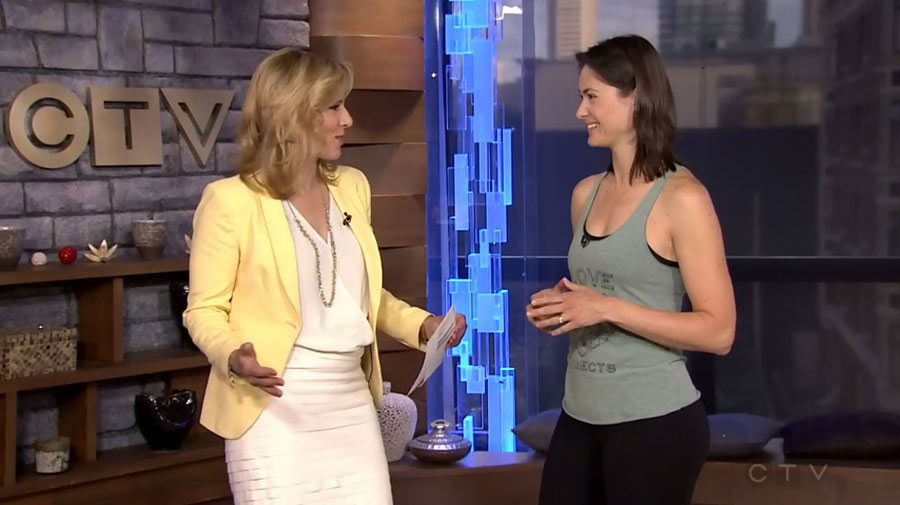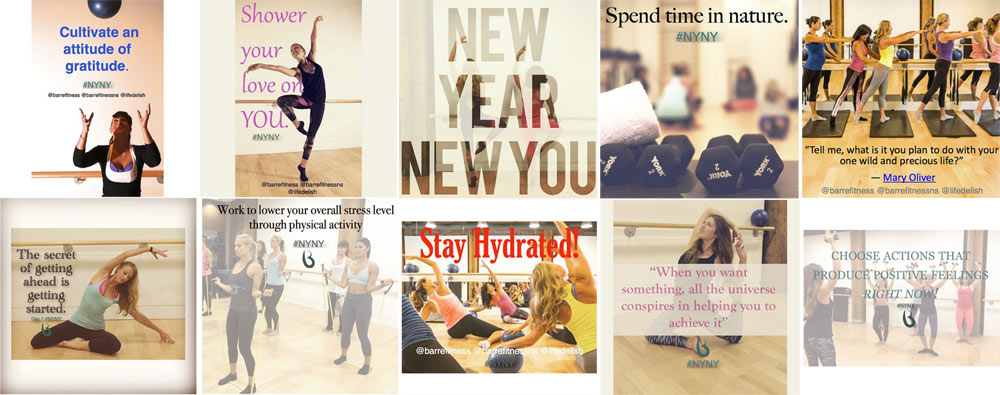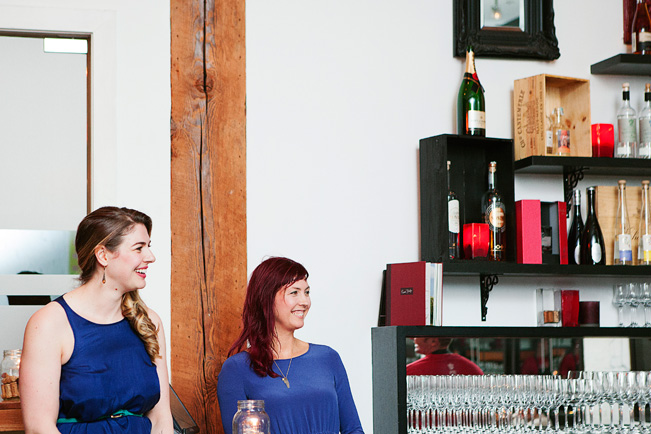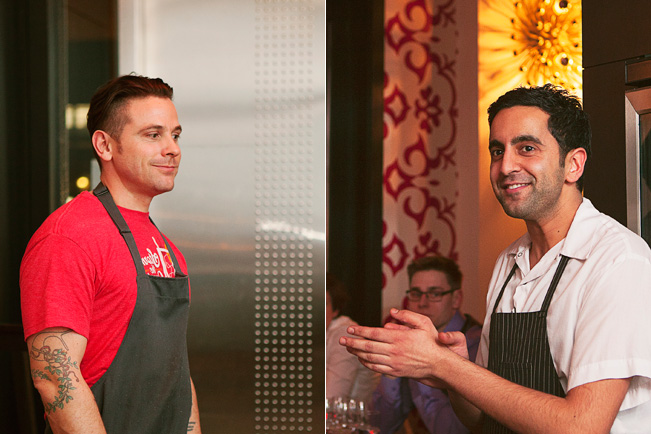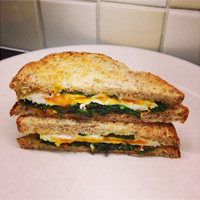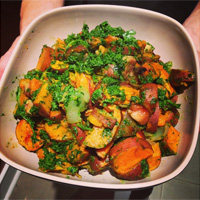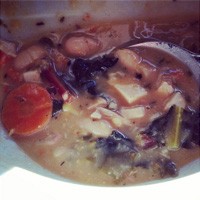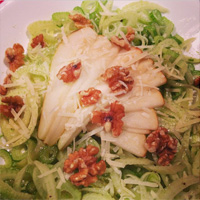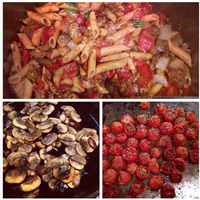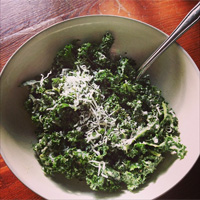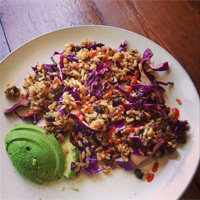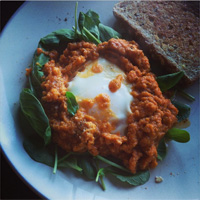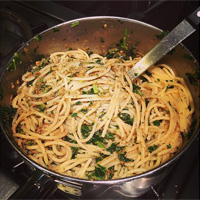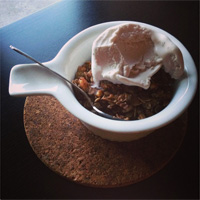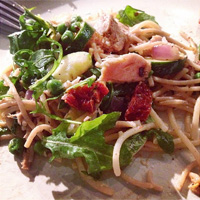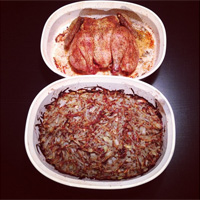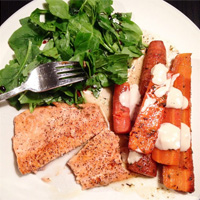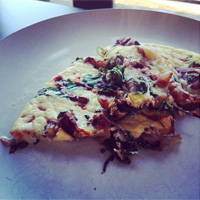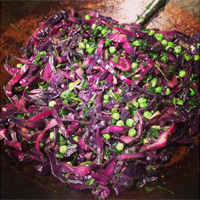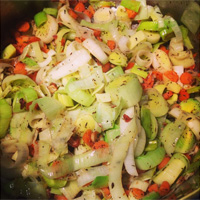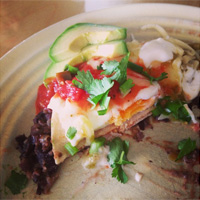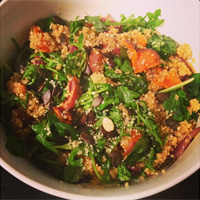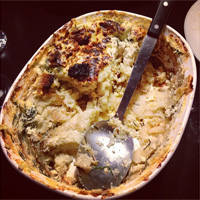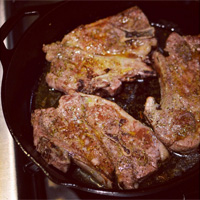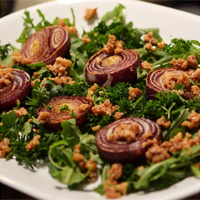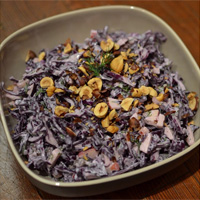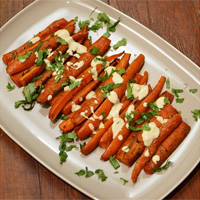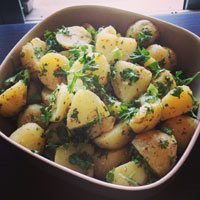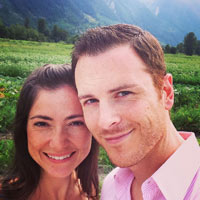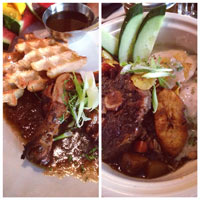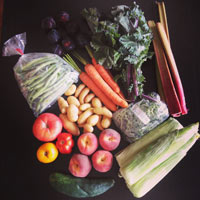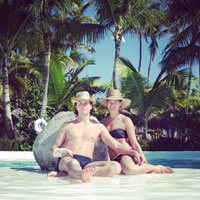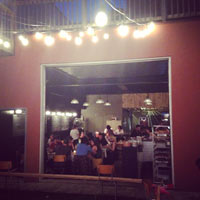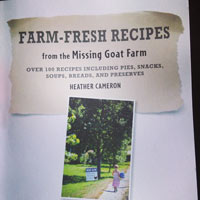Busy. Right?
Me too.
At one time, even though I had MANY good things in my life, I felt overwhelmed and un-equipped to live the life I wanted to live – to BE the person I wanted to be.
I had trouble eating healthfully, difficulty committing to a regular exercise regime, and, most of all, struggled with a stew of negative emotions.
This was while I was a full-time personal trainer and fitness instructor, teaching people about wellness!
Most people thought I was deliriously happy all of the time. Quite the opposite – but I hid it well.
Disconnection from your authentic self is painful. And when you’ve decided you have to change but don’t know how to, it’s excruciating.
My mission is to help YOU feel empowered not overwhelmed and connect with your authentic self!
With a BSc in neuroscience and 15 years as a wellness professional, plus a personal journey through disease, despair and professional struggle, I’m not only knowledgeable but have experienced transformation first hand.
Let me be a catalyst in YOUR transformation!
See what alumni are saying about The Life Delicious curriculum:
“Catherine lives what she teaches in a fun and flexible way that is inspired and inspiring, and you can’t help feeling, ‘I want what she’s got!’ I took on the program at a very busy time in my life with the crunch of a young son, husband, family, baby on the way, juggling clients, and while I needed the tools, the knowledge and Catherine’s friendly but firm approach, I didn’t always know how I could fit it in. Catherine helped me realize that my life will probably always be busy and there’s no time like the present to adopt better habits, skills, tools. The program was a constant reminder that small changes and small actions make a big difference. Catherine’s program has great ROI. If you put in the work and time you will see results. The tools will last a lifetime and can be revisited whenever a reboot is needed. I recommend the program and think that Catherine is the perfect person to lead, improve and inspire people to create positive change in their lives.”
~ Kate
“The Life Delicious Program has changed my life because it touches on every aspect of daily living: sleep, work, nourishment, movement, relationships, meditation and desire. I am in tune with my stress and feel more confident in my ability to gracefully walk through life with the tools I now possess. The Life Delicious Program has provided me with relevant, motivating and inspiring resources that I will continue to review and explore for the rest of my life. Because the program is something I continue to refer to, my favourite aspects of the curriculum continue to change. That’s the beauty of it—one day I may need to focus on cultivating brain chemistry, another day I will be all about desire mapping. I guess my favourite aspect of the curriculum is that it is there for me well after my sessions with Catherine have ended. If you are considering taking Catherine’s program be ready to really dive-in. You may be taking the program because you want to increase your productivity at work but find that you improve many other areas of your life.”
~ Katharine
“The Life Delicious program has changed my life immeasurably. I now feel I have the knowledge and tools to better handle life’s knocks and the strains of running a business and the hectic nature of modern life in general. The benefits to both my physical and mental wellbeing have been noticeable and measurable. I am in the best physical condition in years and feel less stress than ever. The program has opened my eyes and changed my views on health and wellbeing in a modern world. I’m a naturally skeptical person who was brought up with a ‘grin and bear it’ mentality however accepting that I could make positive changes through a carefully curated and intelligently driven program has had incredible results. Everyone has the capacity to be a better version of themselves. This program gives you the impetus, guidance and skills to do so – and Catherine’s approach of blending scientific techniques with a real-world environment is a perfect combination to achieve incredible and long-lasting results.”
~ Simon
“The Life Delicious program has been life changing. I’m healthier and happier with myself inside and out because of it. It changed my mindset in so many ways, I used to see everything with a negative lens and now I see the beauty in life. The program has taught me how to manage my anxiety and stress and how to cope with difficult situations and events. I’m able to navigate experiences with the tools I need to be successful! I challenge myself without the fear of failing and I’m not scared to live anymore. Take the challenge and push yourself – it’s absolutely worth it. At first it seems hard to set aside time to work on yourself and your life, but by the end of the program you won’t know how you got through life before – it’s truly transformational!
~ Alysa
“My life has absolutely changed for the better; The Life Delicious program opened my eyes to how great life can be when you feel good about yourself. The lessons learned in this program have helped me survive one of the busiest years I have ever had. It has been an incredible learning experience and a lesson in self-reflection that I continue to review on a daily basis. It has meant that my life has taken a turn for the positive, and become less stressful and much healthier, both physically and mentally. It has allowed me to put my best self forward every day in both my relationships and career by demonstrating the importance of caring for myself, but has also shown me areas where there is room for improvement, and what I can do to continue down this path of self-betterment. You won’t regret the positive impact this will have on your life – it begins with small changes that make a huge difference.”
~ Michele
“Catherine is one of the best human beings I know – her positivity is infectious, and her knowledge of how mind, body and spirit work come from an innate sense and deep-rooted passion for all three. Her program is the perfect blend of the aforementioned, with enough resources to take with you once it is complete. I would recommend The Life Delicious for anyone looking to continue evolving as a human, and I’m honoured to call Catherine a friend and, above all, an inspiration.”
~ May
“Taking The Life Delicious program was one of the greatest gifts I’ve given myself. It was an investment in my health, wellbeing and overall happiness. I’ve made small changes and continue to see lasting results.”
~ Andrea
“That all-or-nothing doesn’t need to exist was probably the biggest take away and has helped me kick some habits and continue with semi-healthy eating even on lazy days. In the past I would write off a day and just eat junk all day if the morning didn’t go according to plan, or stresses made me want to not cook, etc. This has also helped with trying to work out more often instead of just stopping completely when I missed a day or two in a week. Although I found journaling the most tedious and time consuming part of the program I really liked how it made me take a minute to think about how various activities/meals made me FEEL. It was a great way to reflect on things instead of just going with the flow all the time. Having the ability to look back on my thoughts was really helpful and gave me a good overview of my habits and of the biggest areas that need addressing for change/improvement. The review part of journaling is really helpful.”
~ Perry
“When I started this program, I had just weathered a significant number of personal changes in my life, and was looking to refocus my energy on ME. I considered myself a fairly active, positive, and capable person, but for the first time in a long time I really felt like I needed some kind of guidance. A “wellness coach” can sound like a very frivolous, self-indulged endeavour, but I connected with The Life Delicious because of its approachable and pragmatic nature, and its focus on the Trifecta of Wellness. Wellness is a life-long pursuit, and The Life Delicious helps provide you with foundational tools that you can rely on well beyond finishing the program.”
~ Liz
“Catherine is such an inspiring individual on so many levels. With her program she shows you how to make serious changes in your life through health, mindset and most importantly how stress can play such a major factor in all of this. Through her guidance and experience in not only wellness but also cuisine she gives great tips on recipes, work outs and new life-changing ways to set you on a new path.”
~ Sam
“The Life Delicious program helped me see the holistic approach to health. I definitely had old ideas and old notions about what healthy was, and why someone would want to achieve it. I think I saw it more as a project that had a beginning, middle and end instead of a lifelong journey. The program taught me that seemingly small adjustments made a huge difference to my overall feeling of wellbeing, and that you can’t have optimum health without a strong mental component.”
~ Jessica
“When I first started The Life Delicious program I had little time for myself let alone a healthy lifestyle. I enjoyed the program and how easy it was to feel good about small choices. Not only did I lose weight but through the program I learned what it looks like to have a healthy balanced life. Catherine is a wonderful coach and I recommend this program to others!”
~ Alison
– – – – – – – –
There are 2 ways to connect with your authentic self through The Life Delicious’ mindfulness-based, science-backed curriculum, featuring flexible frameworks for stress management, exercise and nutrition:
The Life Delicious 12-week private wellness coaching program, available worldwide via Skype ($899) – starts September 15 or 22, registration extended until September 14
-OR-
The Life Delicious urban wellness retreats in Vancouver ($499) – October 1 or November 6
– – – – – – – –
For the urban wellness retreats, at the spacious and serene STRETCH Yoga Studio in Chinatown, not only will we spend 4 days exploring stress management, mindfulness, positive psychology, self-nurturing, sleep hygiene, physical activity, connection, nutrition for your body, mind and spirit, and so much more, we’ll eat delicious, nutrient-dense meals catered by SPUD.ca’s Be Fresh Market, drink 49th Parallel Coffee from Prado Cafe, and enjoy goody bags filled to the brim with passes, products and samples from a few of my favourite places – including STRETCH, Eastwood Cycle Sanctuary, Barre Fitness, The "IT" Factor, the YMCA, the YWCA, SPUD, and sparkling wine from local, sustainable Okanagan Crush Pad Winery (because wellness calls for celebratory bubbly, right?)!
Don’t wait to sign up for The Life Delicious urban retreats as space is limited to 20 wellness seekers!
WHEN
Weekdays: October 1, 2, 8 and 9 (Thursdays and Fridays, 8:00am to 12:00pm)
-OR-
Weekends: November 6, 7 and 8 (Friday 6:30 to 8:30pm and Saturday/Sunday 8:00am to 3:00pm) *new dates*
WHERE
STRETCH: 180 East Pender Street, Vancouver, BC
INVESTMENT
$499 + tax
Visit the urban retreat page for more information plus special early bird and alumni rates, or contact me directly at catherineroscoebarr@gmail.com.
Hope to see you soon!!
Best,
Catherine
Catherine Roscoe Barr, BSc Neuroscience, is a Vancouver-based wellness coach and happiness expert, certified as a personal trainer, fitness instructor and older adult specialist, founder of The Life Delicious, and fitness, food and travel writer published in Montecristo, Canadian Living, The Gastown Gazette, The Vancouver Sun, The Province, WestJet’s up!, Homes & Living, Lululemon, BC Business, Westworld, Real Weddings and BC Living. Before settling on the West Coast she lived in Sydney, Toronto, Oregon, Montana, and practically everywhere in Alberta. She can be found jogging with her adorable dog, dining with her fabulous husband or voraciously reading anywhere comfy.
Twitter @LifeDelish
Instagram @LifeDelish
Facebook.com/TheLifeDelicious

